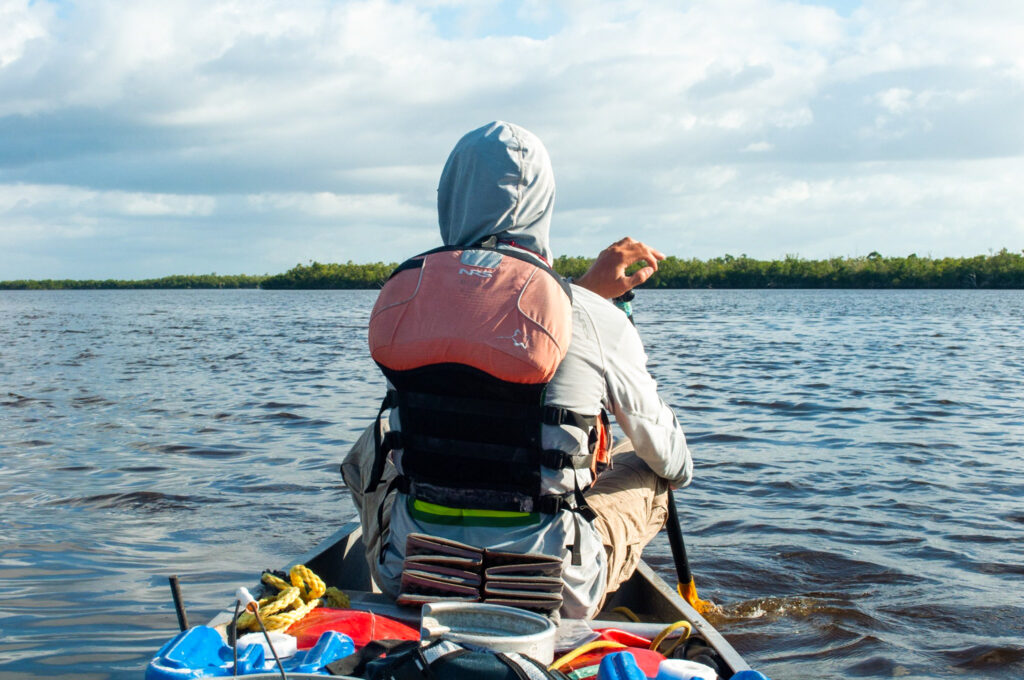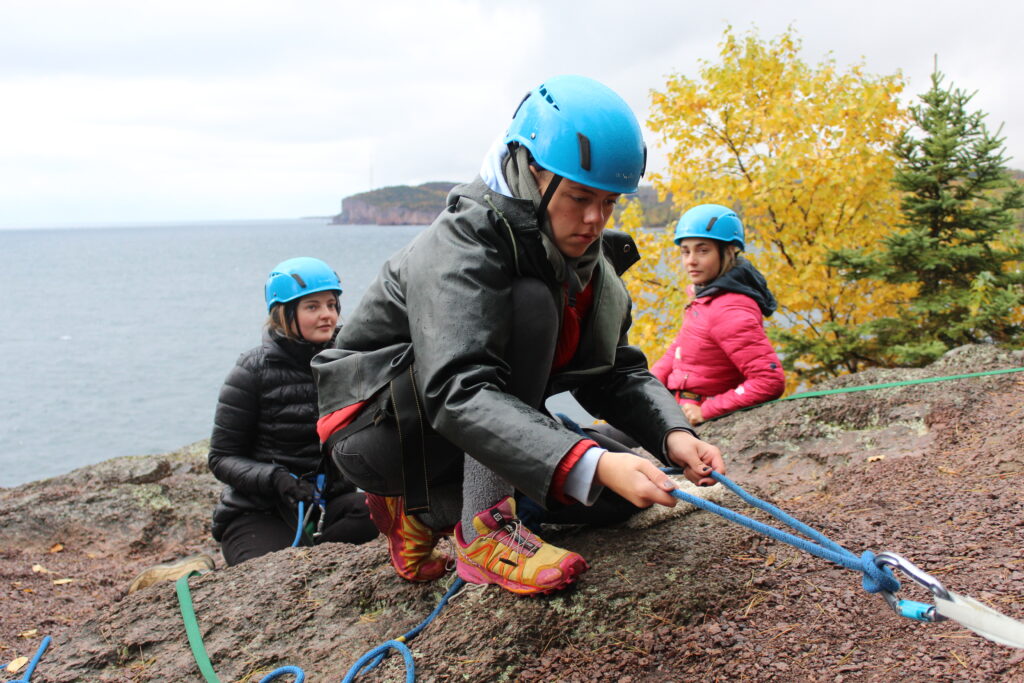Learn how to develop a healthy self-image through intentional daily practices.
Have you ever heard the phrase, “who are you when the world isn’t watching?” Meaning, who is your real self, stripped away from the labels, stories and standards you’ve set for yourself? Your self-image plays a huge role in your life as it sets the foundation for being truly happy.
Having a good self-image isn’t just looking at the mirror and being happy with what you see, it’s also being proud of your entire self from the inside out. Your thoughts, feelings, success, actions and capabilities are all affected by the way you view yourself.

Many factors influence your self-image, and some of them don’t always come from a good or natural source. From social media to the way we compare our lives to others, there is a lot that can influence our self-worth. So how can we combat all the negativity? Fortunately, we can learn how to build self-worth with courage and time. When we can let go of others’ expectations or the unreasonable expectations we place on ourselves, we can start uncovering what it means to foster a healthy acceptance of ourselves, one that motivates us to keep pushing forward. Below are a few ways to cultivate a healthy self-image.
What Is Self-Image?
Let’s start by understanding what self-image represents. Simply stated, it is the way we see ourselves—our internal definition of the parts of our lives that create characteristics, such as our intelligence, talents, looks, kindness, compassion, etc. Our self-image is how we see both our strengths and weaknesses.
Because our self-image is dynamic and changes throughout our lifetime, it is a product of learning and reinforcing. Starting in early childhood, the way we think and feel about ourselves is influenced heavily by our families, friends and teachers. Much like a mirror, these people reflect an image of ourselves that can influence or reinforce how we see ourselves. Combined with experiences, our self-image shapes how we take in information and internally evaluate ourselves throughout life.

The problem is that the image we see in the mirror may not always be who we really are. And from that, we could either develop a positive or a negative view that affects how we interact with the world around us.
Positive Self-Image: We acknowledge our potential and assets while keeping our limitations in check.
Negative Self-Image: We focus on our flaws and weaknesses, building up our imperfections and failures.
Developing a Positive Self-Image
It’s true. We live in a culture that promotes the idea that we’re not enough, that we can buy or do MORE things to make ourselves worthy and live happier. Yet, the more we lean into this idea, the more we miss the importance of self-acceptance which is key to developing a positive self-image. Often, compassion leads to resilience because you are more open to new experiences. In turn, this allows you to confidently show up as you, ready to give your gift to the world.
We’ve already mentioned that self-image is a product of learning and reinforcing, which means self-image can change over time. Through practice, we can learn to develop a healthier and more accurate view of ourselves by learning to accept ourselves.

Students on an Intercept expedition practice their rock climbing skills.
10 Practices for Developing a More Accurate View Of Yourself
Need a few ideas? Try a few of these suggestions below.
1. Don’t strive for perfection, instead opt for progress.
When you’re focused on an intangible goal, you’ll continue to fail. Make a note of your progress and set goals that help you grow.
2. Ask close friends and families to describe your strengths.
Getting feedback from close friends and family can help you create a more realistic sense of who you are and how you impact others. Getting to know how others see your strengths can boost your esteem and help you knock out negativity.
3. Focus on your strengths and work to develop them.
What are you good at? How can you get better? Lean into your strengths and learn how to continue to build on your best assets.
4. Have compassion for your weaknesses.
We all have weaknesses. That doesn’t mean we’re weak, it means we have to rely on one another. Acknowledging your limits is important to understand what you’re meant for and not meant for.
5. Make a list of things you’re grateful for in life.
Practicing gratitude will change your mindset from “not enough” to “plenty.” When you make time to be grateful, you can invite compassion and joy into the little things that make big impacts in your life!
6. Take social media breaks.
Social media is great—to a point. Taking a break may help alleviate the temptation of comparing yourself to others. It may also refresh what is truly important in your life without the constant influence of others.
7. Practice letting go.
Holding on to negative emotions will ultimately drain your joy. Letting go is a practice—it doesn’t happen all at once. Practice letting go of small things first and build up to learning forgiveness and empathy for what or who is bothering you.
8. Try new things, take on new challenges.
Go on an adventure! When you engage in challenges, you quickly realize your need for others and learning—this puts you in a position to let go of your routine.
9. Track your emotions in a journal.
Keeping a journal of your emotions will help you understand yourself even more. As you see what influences your highs and lows, you’ll be able to focus on what brings you joy rather than what brings you down.
10. Praise others liberally and celebrate their success.
Taking the time and effort to praise the successes of others will boost your confidence. When you are actively looking out for these things in others, you may find that you are inspired rather than intimidated!
Self-Image Is Subjective, Which Means It’s Moldable
No matter what age or stage you are in life, you can alter, tweak and change it. I hope the suggestions above inspire you to discover how you can cultivate a good self-image and encourage others to do the same. On the journey to self-acceptance, remember there is no one else exactly like you in this world. That makes you incredibly special.

Outward Bound Intercept Expeditions
One of the ways we encourage growing a positive self-image at Outward Bound is through challenge and being in the wilderness. During adventures like our Intercept Courses, we get to see firsthand how the outdoors positively affects people as the mountains, woods and ocean become your mirrors. From kayaking to canoeing, you’ll get the opportunity to reflect on what you really value in your life and who you choose to be—stripped away from social media, advertising and the constant influences that usually surround you. If you’re looking to improve your self-image, the responsibility to start is yours. The tools shared, learned and practiced throughout Outward Bound Intercept courses will help you get there.
“A strong, positive self-image is the best possible preparation for success.” – Joyce Brothers
About the Author
Hanna McCarthy is a former Outward Bound Instructor and now lives and works in Philly with her husband, Nick, and two dogs, Jelly and Waffle. She finds time each year to surf in new places and enjoys spending time with friends and family. Hanna now splits her career between a corporate job and teaching yoga, finding balance in her life.




